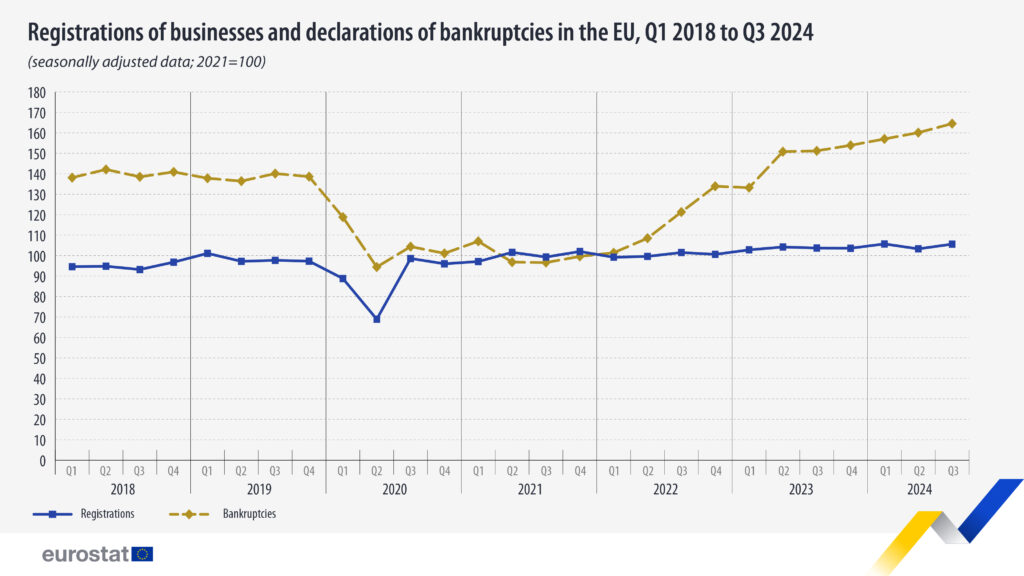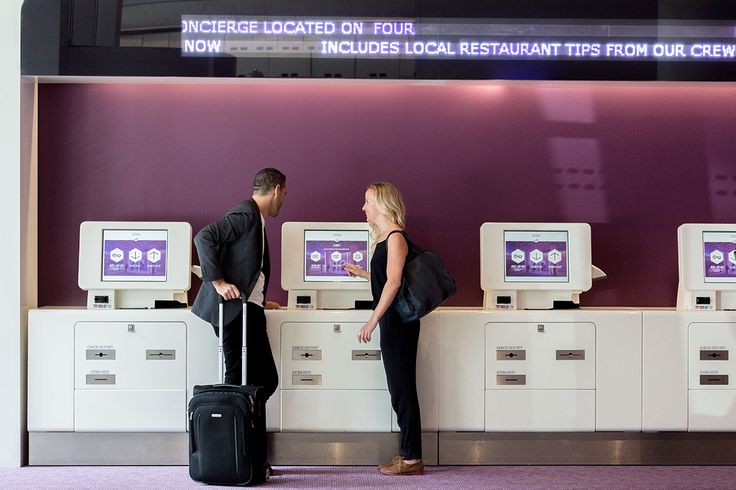Europe’s hotels are teetering on the brink, their futures as precarious as a housekeeper’s balance atop a wobbly ladder. The continent’s hospitality industry is facing unprecedented challenges, with soaring operational costs and dwindling tourist numbers threatening to send many establishments into financial freefall.
But could going staff-less be the solution that saves them from bankruptcy? It’s a question that has hoteliers across Europe scratching their heads – or perhaps more accurately, frantically Googling “how to lay off employees without getting sued”.

The problem is as clear as it is daunting. Hotels are drowning in expenses, yet their rooms remain half-empty. Labour costs alone can account for up to 50% of a hotel’s total operational expenditure. That’s right, nearly half your budget is spent on the very people who bring you those fresh towels and continental breakfasts (if they’re not too busy Instagramming the view).
And then there are the tourists – or rather, the lack thereof. Travel restrictions, economic uncertainty, and shifting consumer preferences have combined to create a perfect storm for European hotels. What was once a thriving industry is now struggling to stay afloat in a sea of empty rooms and unmade beds.
So could staff-less hotels be the life raft that saves them? The idea certainly has its appeal. No more wages to pay, no more pensions to fund, no more complaints about the quality of the free Wi-Fi. Just a sleek, automated operation running smoothly 24/7.
But is it really that simple? Not everyone is convinced. “Automation can certainly help reduce costs,” says Dr. Amelia Johnson, an expert in hotel management at the University of London, “but it’s not a magic bullet. You still need people to maintain the equipment, handle customer service issues, and give your hotel that personal touch.”
There are also concerns about job losses. A report by the European Tourism Association estimates that widespread adoption of staff-less hotels could result in over 2 million hospitality jobs being lost across Europe. That’s a lot of unemployment claims and a lot of irate ex-employees.
The Ultimate Guide for the Top 10 Hotel Kiosk Alternatives: Detailed Insights on Functionality, Pricing, and Competitive Advantages
But some hotels are already dipping their toes into the automated waters. The Yotel brand, for example, has been pioneering staff-less check-in and room service robots since 2017. And it seems to be paying off – their occupancy rates have risen by over 15% in the past year alone.

Of course, it’s not just about cost-cutting. Hoteliers are also looking at new ways to attract customers. Some are turning to virtual reality tours, others are offering personalized digital experiences. One hotel in Barcelona even has a robot bartender (though it seems to have trouble mixing cocktails and telling jokes simultaneously).
But despite these innovations, the spectre of bankruptcy still looms large for many European hotels. The industry is facing an existential crisis, one that will require radical solutions and bold new ideas.
So what’s the answer? Staff-less hotels or bust? Or is there a middle ground to be found between automation and human touch? Only time will tell – but one thing’s for sure: European hoteliers better start thinking outside the box (and possibly investing in some robot vacuums) if they want their businesses to survive.



